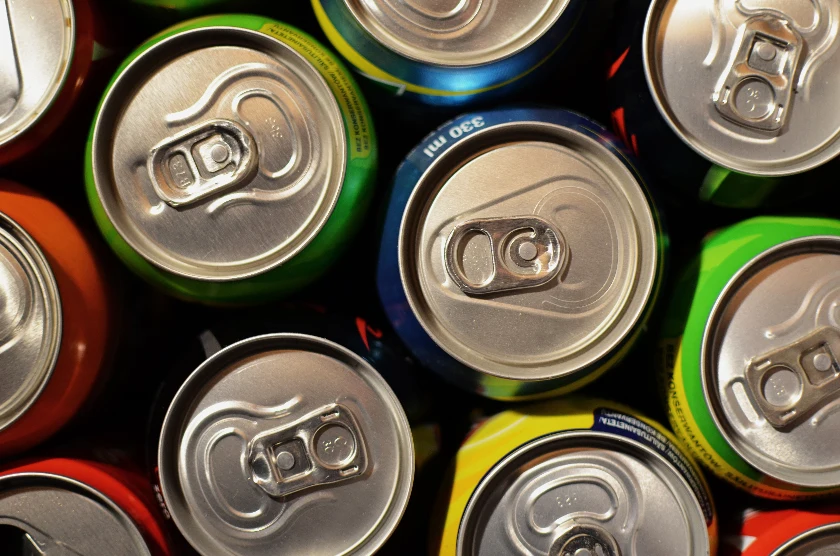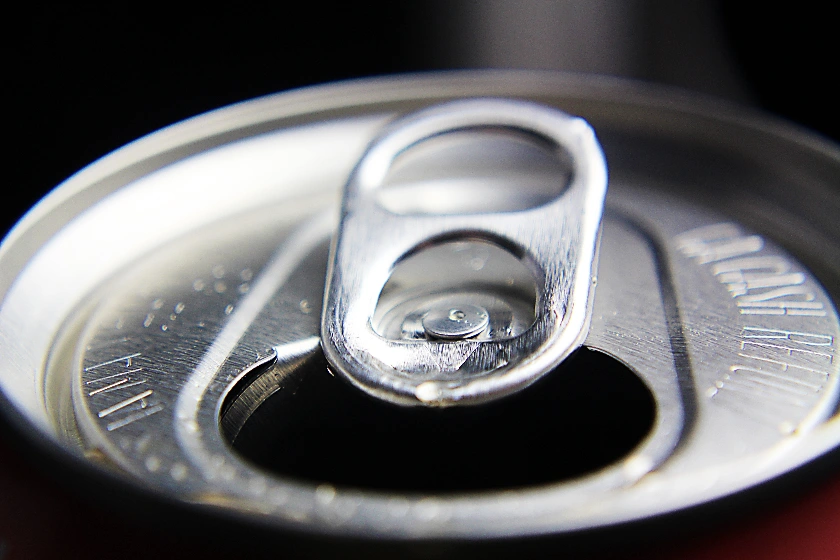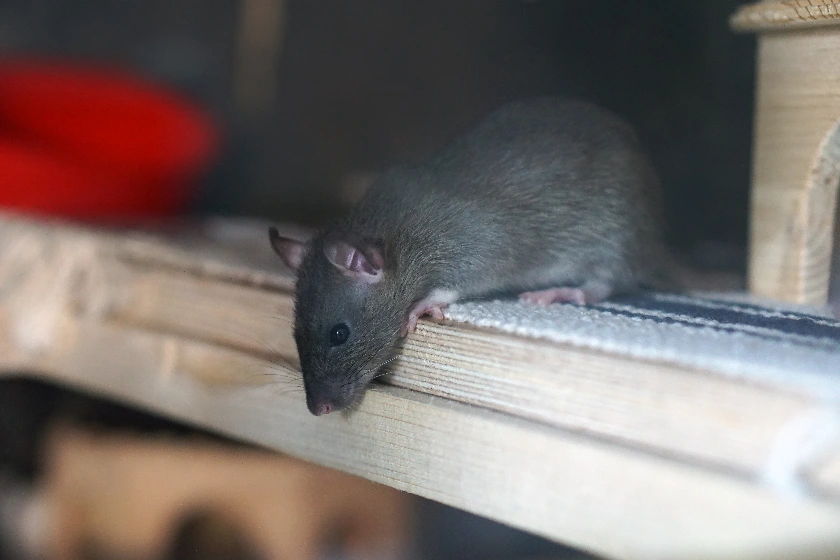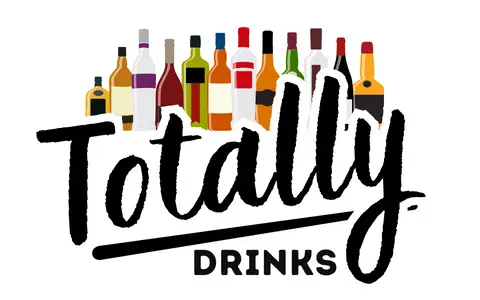
Have you ever reached for a refreshing can of soda, only to pause when you notice the top is a little grimy-looking? It’s an understandable moment of hesitation. Believe it or not, germs, rats, and bugs are just some of the unwelcome visitors that can find their way onto our drinks cans and cause contamination. With that in mind, should you wash your cans before opening them?
The tops of drinks cans could easily be contaminated with small amounts of dust, germs, and droppings from rodents and other vermin which could make you ill. However, anyone with a healthy immune system will not usually be affected.
In this article, I’ll explore what sort of nasties may get onto your beverage can and how this could happen. And, of course, answering the question of whether washing cans before opening them is a good addition to your normal routine – and how to do it effectively.
Are The Top Of Drinks Cans Clean?
In a study at Clemson University, 190 cans randomly collected over 7 weeks were tested for bacteria to find only 22% were categorized as “clean” and a whopping 46% in a “dangerous unsanitary category”.
There are a few other studies in this area and most conclude that drinks cans are not that clean, mainly as they are exposed to lots of contaminants.
The top of a can is the area that most people tend to worry about. After all, it’s the part that our lips come into contact with when we drink straight from the can.
Unfortunately, it’s also the part that’s most likely to be contaminated.
Cans are usually sterilized during production. The germs, bacteria, or other contaminants are more likely to end up on the surface of your can during transport and storage.
Warehouses might have rodents running around, delivery vans aren’t the cleanest of places, and even at the store, they might have been dropped on the floor or spilled on.
In another study, vending machines were found to be the dirtiest of places for cans collected at random places.
Unless you are sure that the can has been properly shipped and stored in a clean environment, it’s safest to assume that the top is going to have at least some dirt on it.
It’s worth noting that the risk of getting sick for most healthy people from tainted drinks cans is generally very low, and many are manufactured and handled in ways that help to minimize this risk.
Germs are everywhere in our environment so you can’t avoid them, even if it does sound disgusting. You can’t clean everything you touch but it’s best to wash cans that are visibly dirty.
If your immune system is weak then it would be worth taking the extra precaution of cleaning it before opening, or buying bottled drinks.
- Related article: Is It Safe To Drink From A Dented Soda Can?

What Might Come Into Contact With Your Can?
Speak to anyone who has worked in a warehouse to hear the stories about the many things that could come into contact with the top of cans during their journey from the factory or when in storage.
Rats, mice, and other rodents are considered the main culprits while cockroaches, flies, insects, and all manner of other nasties might also find their way onto them as well.
Liquid spills from other products in the store or warehouse could also leave residue on your drink cans – as could dust and debris from the warehouse, transport trucks, etc.
Even if the can is sealed in a crate or box and stored properly, there’s still a chance that contaminants could make their way in through tears and holes in the packaging.
In short, you never know what might have come into contact with the top of your drinks cans – something to think about next time you crack one.
What Germs Are On Drinks Cans
Some of the pathogens found on drink cans commonly include bacteria like Staphylococcus, Strep, E. Coli, Salmonella, and Coliform. Mold and fungus may also be present.
Where do they come from? Some could come from a transfer from dirty hands, animal droppings, or general poor storage conditions and contamination.
Of course, these can cause a range of health problems, including vomiting and diarrhea, but they’re not usually present in large enough quantities to make most of us ill.
The germs that end up on the cans will vary depending on a number of things. For example where they were stored, how they have been handled (and who by) plus of course the overall cleanliness of the manufacturing and distribution process.
This was the case with a study from biology students from Southeast Missouri State University. They found staph and strep bacteria on many of the cans they tested, but only at the sort of levels you would expect in the environment.
They didn’t find any fecal matter which was encouraging. And the conclusion was to at least wipe cans with a wet paper towel. Especially if it came from a more dirty environment like a vending machine.
In addition to these harmful organisms, drinks cans can also be a breeding ground for mold and fungus if stored in hot and humid conditions, which can pose their own set of health risks.
Exposure to these can cause respiratory problems and even allergic reactions, particularly in people who are already prone to that type of thing.

Germs: Getting Sick Vs Building Your Immune System
There has been much debate on whether exposing ourselves to some germs helps build up the immune system. One such theory is known in scientific circles as the “hygiene hypothesis” which many scientists consider more of a myth than reality.
The idea is that increased exposure to germs, such as those found on drinks cans and other places, can help build up a person’s resistance to certain illnesses.
Recent studies however suggest that this idea is probably a bit wide of the mark and that the way this works could be a lot more complicated than previously thought. So while there may be some benefit from exposing yourself to small amounts of germs, avoiding them altogether is still a safer approach where possible.
By taking simple steps such as eating a healthy diet and practicing good hygiene and sleep habits, you’ll be able to protect yourself better against illness by boosting your immunity in the process.
Boosting the immune system is essential for preventing and fighting off sickness. Our bodies are naturally equipped with the ability to fight off many common diseases and viruses, but our immune systems can weaken due to age, stress, changes in lifestyle, and a poor diet.
The Best Way To Clean The Top Of A Can
Here are four simple ways to clean your can starting with the least effective:
- Wipe the top round with a cloth or paper towel
- Rinse the can off with hot water to remove any dirt and debris.
- Use soap and hot water to scrub away any stubborn grime or bacteria.
- Sanitize by wiping down the surface with an antibacterial wipe or liquid sanitizer, then rinse and dry.
It’s also important to remember that cleaning or sanitizing won’t necessarily get rid of all the germs. If you’re still worried then you can take extra precautions such as pouring the drink into a glass or paper cup instead if you have one.
Another easy option is to use a drinking straw, a simple but effective way to avoid your lips touching the can.
If this isn’t possible, then make sure you at least rinse a canned beverage if it has visible dirt on it.
Final Thoughts
When it comes to deciding if you should wash cans before opening them, the main thing to remember is that the risk of contracting anything from one is generally very low. Most are manufactured and handled in ways that help to minimize this risk.
However, it’s impossible to know for sure what might have come into contact with the top of your can before you bought it, so it pays to at least give it a quick wipe-over before drinking.
Ultimately, while exposure to certain germs may help build immunity in some people, avoiding them altogether is still the safest approach. So make sure to always wash your hands regularly and avoid consuming products that appear dirty or contaminated in any way.
